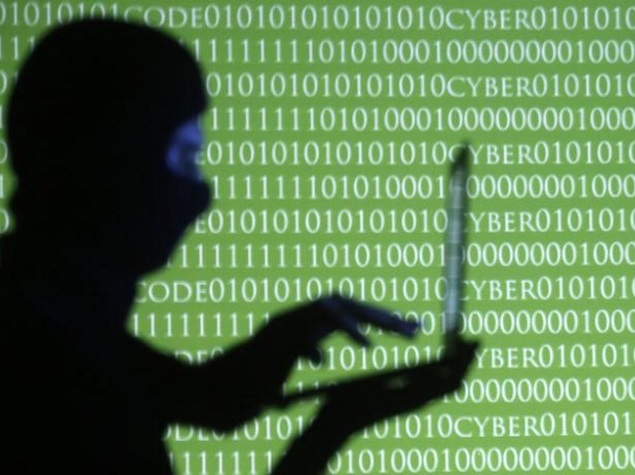
WASHINGTON M(TIP): The release on websites this week of what appears to be top-secret computer code that the National Security Agency has used to break into the networks of foreign governments and other espionage targets has caused deep concern inside US intelligence agencies, raising the question of whether America’s own elite cyberwarriors have been hacked and their methods revealed.
Most outside experts who examined the posts, by a group calling itself the “Shadow Brokers,” said they contained what appeared to be genuine samples of the code — though somewhat outdated— used in the production of the NSA’s custom-built malware. Most of the code was designed to break through network firewalls and get inside the computer systems of competitors like Russia, China and Iran. That, in turn, allows the NSA to place “implants” in the system, which can lurk unseen for years and be used to monitor network traffic or enable a debilitating computer attack.
According to these experts, the coding resembled a series of “products” developed inside the NSA’s highly classified “Tailored Access Operations” unit, some of which were described in general terms in documents stolen three years ago by Edward J Snowden, the former NSA contractor now living in Russia.
But the code does not appear to have come from Snowden’s archive, which was mostly composed of PowerPoint files and other documents that described NSA programs. The documents released by Snowden and his associates contained no actual source code used to break into the networks of foreign powers.
Whoever obtained the data apparently broke into either the top secret, highly compartmentalized computer servers of the NSA or other servers around the world that the agency would have used to store the files. The code that was published on Monday dates to mid-2013, when, after Snowden’s disclosures, the agency shuttered many of its existing servers and moved code to new ones as a security measure.
By midday Tuesday Snowden himself, in a Twitter message from his exile in Moscow, declared that “circumstantial evidence and conventional wisdom indicates Russian responsibility” for publication, which he interpreted as a warning shot to the US government in case it was thinking of imposing sanctions against Russia in the cybertheft of documents from the Democratic National Committee.
“Why did they do it?” Snowden asked. “No one knows, but I suspect this is more diplomacy than intelligence, related to the escalation around the DNC hack.”
Around the same time, WikiLeaks declared that it had a full set of the files— it did not say how it obtained them —and would release them all in the future. The “Shadow Brokers” had said they would auction them off to the highest bidder.
“I think it’s Snowden-era stuff, repackaged for resale now,” said James A Lewis, a computer expert at the Center for Strategic and International Studies, a Washington think tank. “This is probably some Russian mind game, down to the bogus accent” of some of the messages sent to media organizations by the Shadow Brokers group, delivered in broken English that seemed right out of a bad spy movie.
The NSA would say nothing on Tuesday about whether the coding released was real or where it came from. Its public affairs office did not respond to inquiries.
“It certainly feels all real,” said Bruce Schneier, a leading authority on state-sponsored breaches. “The question is why would someone steal it in 2013 and release it this week? That’s what is making people think this is likely the work of Russian intelligence.”
There are other theories, including one that some unknown group was trying to impersonate hackers working for Russian or other intelligence agencies. Impersonation is relatively easy on the internet, and it could take considerable time to determine who is behind the release of the code.
The Shadow Brokers first emerged online on Saturday, creating accounts on sites like Twitter and Tumblr and announcing plans for an auction. The group said that “we give you some Equation Group files free” and that it would auction the best ones. The Equation Group is a code name that Kaspersky Labs, a Russian cybersecurity firm, has given to the NSA.
While widely considered the most talented group of state-sponsored hackers in the world, the NSA is still recovering from Snowden’s disclosures; it has spent hundreds of millions of dollars reconfiguring and locking down its systems.
Snowden revealed plans, code names and some operations, including against targets like China. The Shadow Brokers disclosures are much more detailed, the actual code and instructions for breaking into foreign systems as of three summers ago.
“From an operational standpoint, this is not a catastrophic leak,” Nicholas Weaver, a researcher at the International Computer Science Institute in Berkeley, California, wrote on the Lawfare blog on Tuesday. (PTI)





Be the first to comment